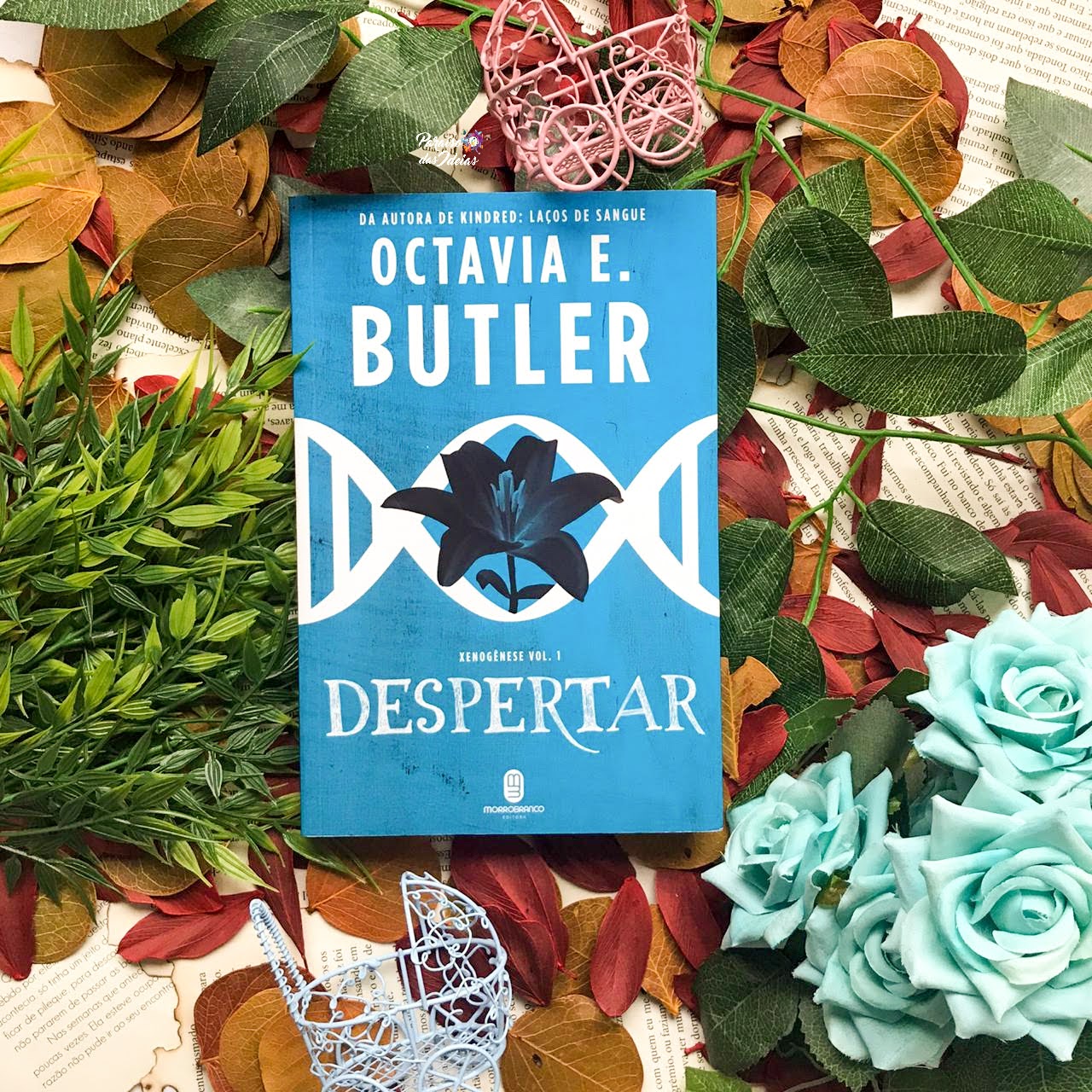

I really won’t spoil the ending for you here, but Dana’s actions at the end of the novel represent an unwavering strength and a sort of reparation for what had been done to her and her ancestors. Butler also calls attention to women who suffer from abuse and lack power but who try to reclaim power over their own lives through any means necessary. The novel shows the struggle of female slaves and what they were forced to do to survive. On the feminist side of things, Kindred touts a strong female protagonist and themes of female emancipation. She also forms relationships with the other slaves on the plantation and highlights how people treated women who were raped (and therefore in some way favored) by their masters.

She is forced to make hard choices in order to survive, touching on what inspired Butler to write this story in the first place. Which only logically means that Rufus raped a slave woman and got her pregnant, resulting in Dana’s bloodline.Īs the story goes on, Dana is put into difficult situation after difficult situation. I don’t want to spoil the story too much for you, but as you read you’ll soon realize why Dana has such a strong connection with Rufus: he is, in fact, her great-great-great-grandfather. Time doesn’t pass the same way in the past as in present-day: although Dana feels like she has been away for weeks at a time in 1815, only minutes or hours pass in 1976. And, every time that Dana goes back, she ends up staying a little bit longer. These two interracial couples are at the center of the story.ĭana continues to go back in time and each time that she does, more time has passed and Rufus has gotten a little older. It’s also worth mentioning that Dana’s husband, Kevin, is white. Rufus is the son of the plantation owner and is white. She soon understands that she has been tasked with keeping a little boy named Rufus safe.
#SIMILE INKINDRED BY OCTAVIA E BUTLER SERIES#
After a series of strange events, Dana finds that she is able to time travel and is catapulted back to a plantation in Maryland in 1815. Kindred tells the story of a Black woman named Dana who is living in the United States in 1976. In addition to Kindred, Butler has penned several other works such as the Patternist series, the Parable series (which includes the well-known Parable of the Sower), and the Xenogenesis series. When Butler spoke about the experience in later interviews, she says that through the book, she tried to explain that the subservience was a silent means of survival, and was in fact extremely courageous. Then, when Butler was at university, she was inspired to create Kindred by a classmate who was involved in the Black Power Movement who criticized Black folks who were subservient to white people in the past. Her biographers say that she was unknowing of the obstacles that she would face as a Black female writer before her aunt told her that she couldn’t become an author because she was Black. She began writing and creating stories at a very young age, and also took an interest in science fiction. Butler: Telling My Stories"īutler was a shy child who took refuge in reading (same). “Why aren't there more Science Fiction Black writers? There aren't because there aren't. She was an award-winning science fiction author, and in 1995, she became the first science fiction writer to win the prestigious MacArthur Fellowship, also known as the “Genius Grant.” This is science fiction meets feminism meets racial discrimination and life for Black women on a plantation in the South in the 19th century.īefore I jump into the novel I want to talk a little bit about Octavia Butler. It was easily one of my favorite books from 2019 and I’m constantly recommending it to friends. It’s not as old as my other classic book choices but I really wanted to share it with you all here anyway. Since the coronavirus crisis, I haven’t been able to participate and I’m so looking forward to the day the book club can meet at Shakespeare and Company as usual. I’ve read some really amazing books thanks to the FBC and there are always insightful conversations when we meet to discuss once a month. Yasmine actually introduced me to the book club in 2019 and I’m forever thankful for it. I read Kindred last year thanks to The Feminist Book Club (FBC) in Paris.


 0 kommentar(er)
0 kommentar(er)
